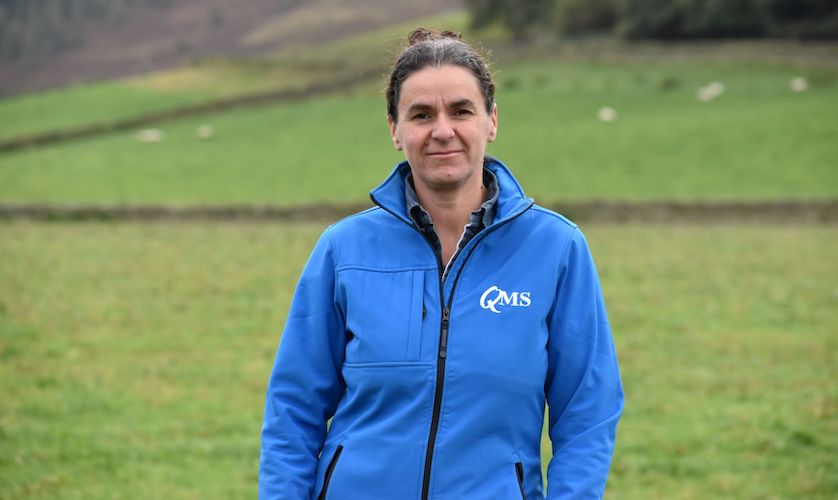QMS chair welcomes appointment to Trade and Agriculture Commission
Kate Rowell is among the appointees to the new ‘strengthened’ Trade and Agriculture Commission (TAC) that will scrutinise future trade deals.

The TAC will be chaired by Lorand Bartels, professor of international law. Members of the commission also include Jim Moseley, CEO of Red Tractor and Nick von Westenholz, director of trade and business strategy at the National Farmers’ Union (NFU).
The new commission’s advice will inform a government report which will be laid before Parliament ahead of the ratification of any new Free Trade Agreement and following the signature stage.
Measures being introduced to support farmers, in response to recommendations in the original TAC report, include a new cohort of ‘agri-food attachés’ who will work to promote export opportunities for UK farmers and producers around the world.
The government announced that there will also be a new Food and Drink Export Council to work in collaboration with industry and governments in Scotland, Wales and Northern Ireland to promote exports from all parts of the UK.
“Critical time to have a place at the table”
Responding to the news of her appointment, Kate Rowell, chair of Quality Meat Scotland (QMS), said: “This is an excellent opportunity to bring Scotland’s perspective to future trade negotiations and further the interests of the red meat sector in a global context. I don’t underestimate the enormity or the challenge of the task ahead, but it is a critical time to have a place at the table.
“As this next chapter in trade evolves, it is a privilege to be in a position to influence decisions to protect and promote the future of red meat and high welfare, environmentally conscious food production in Scotland.”
“Booming demand for British exports”
International Trade Secretary Anne-Marie Trevelyan said that as a trade lawyer and academic, Lorand Bartels would bring a “wealth of knowledge and experience” to his role as chair.
She added: “I’m grateful to all the original members of the Trade and Agriculture Commission for their thorough and wide-reaching report. I want our farmers and food producers to be positive about the export opportunities that exist and take advantage of booming demand for British exports.”
Environment Secretary George Eustice said: “We welcome the contribution that the TAC report has made as we consider future trade policy and the approach that we will take to ensure that our high standards of food safety are maintained.”
“Missed opportunity”
NFU president Minette Batters welcomed the new TAC and the “important commitments” the government had made in response to the TAC report, saying that the NFU wanted to work with the new Export Council to open up “real market opportunities overseas” for UK food and farming businesses.
However, Batters stated that one of the key drivers for setting up the TAC had been to “find practical ways of safeguarding the high environmental and animal welfare standards of UK farmers,” but the government’s response had failed to provide “practical and deliverable measures”.
She continued: “We can’t overlook the fact that it’s taken more than six months for the government to respond, in which time two important free trade deals have been agreed in principle and which will impact on British farming significantly. The government has missed the opportunity to make these new trade deals fit for the 21st century by ensuring food imports will meet the high animal welfare and environmental standards legally required of our own farmers and desired by the public.
“The disconnect between the government’s domestic and trade policies is stark and needs bridging urgently.”

 New food compliance notices under consultation in Scotland
New food compliance notices under consultation in Scotland Countdown to Women In Meat Industry Awards ceremony
Countdown to Women In Meat Industry Awards ceremony
